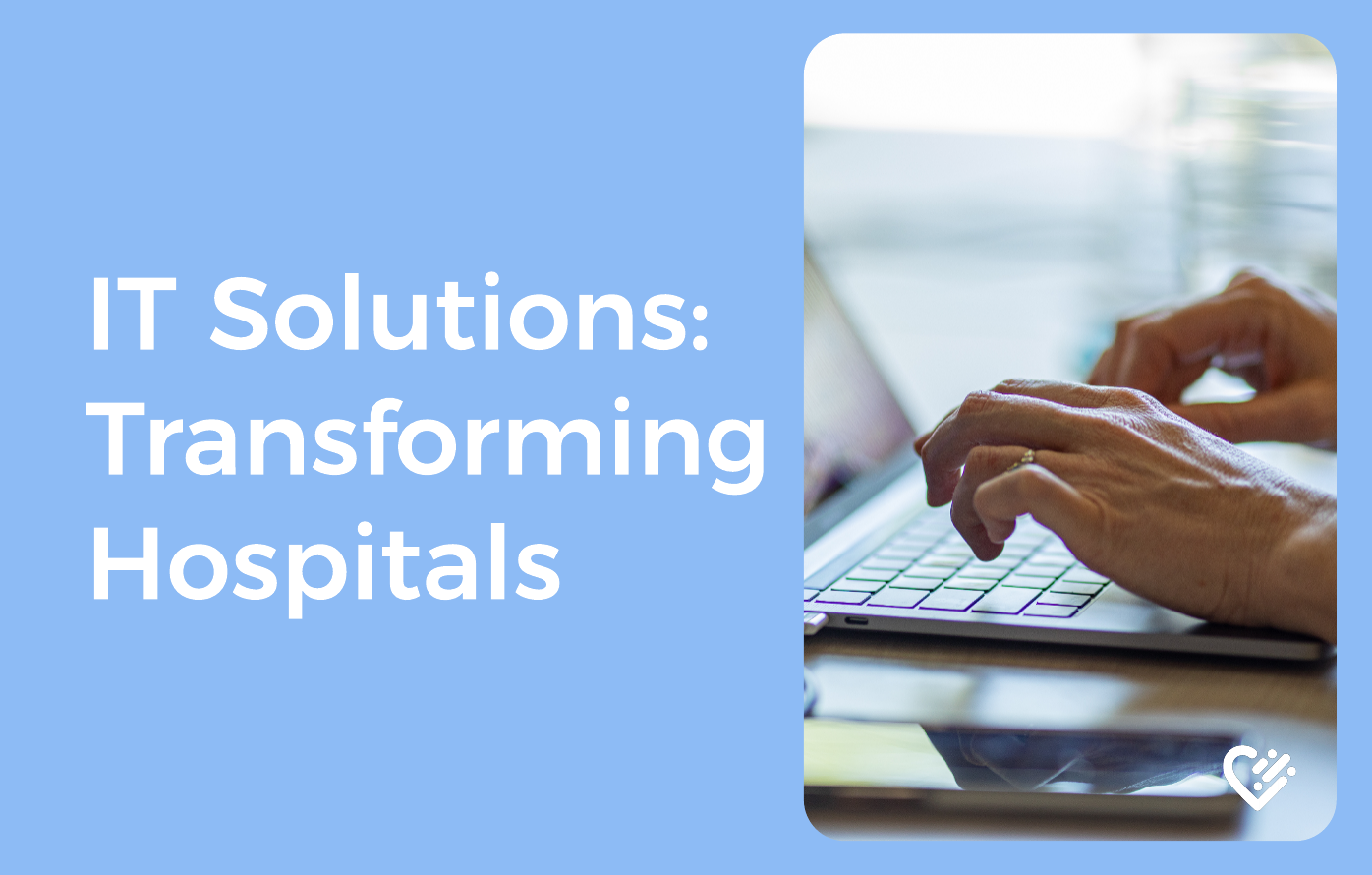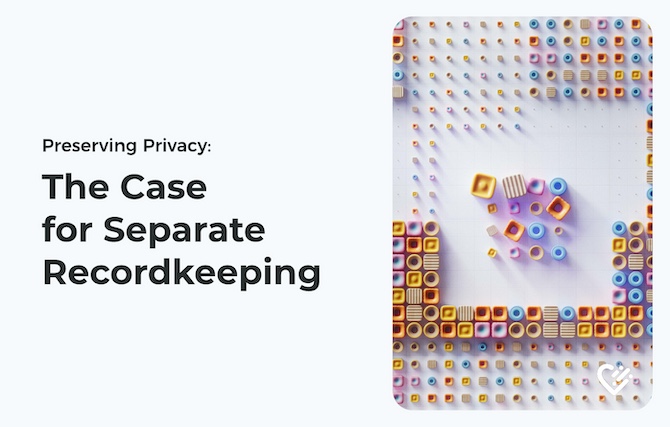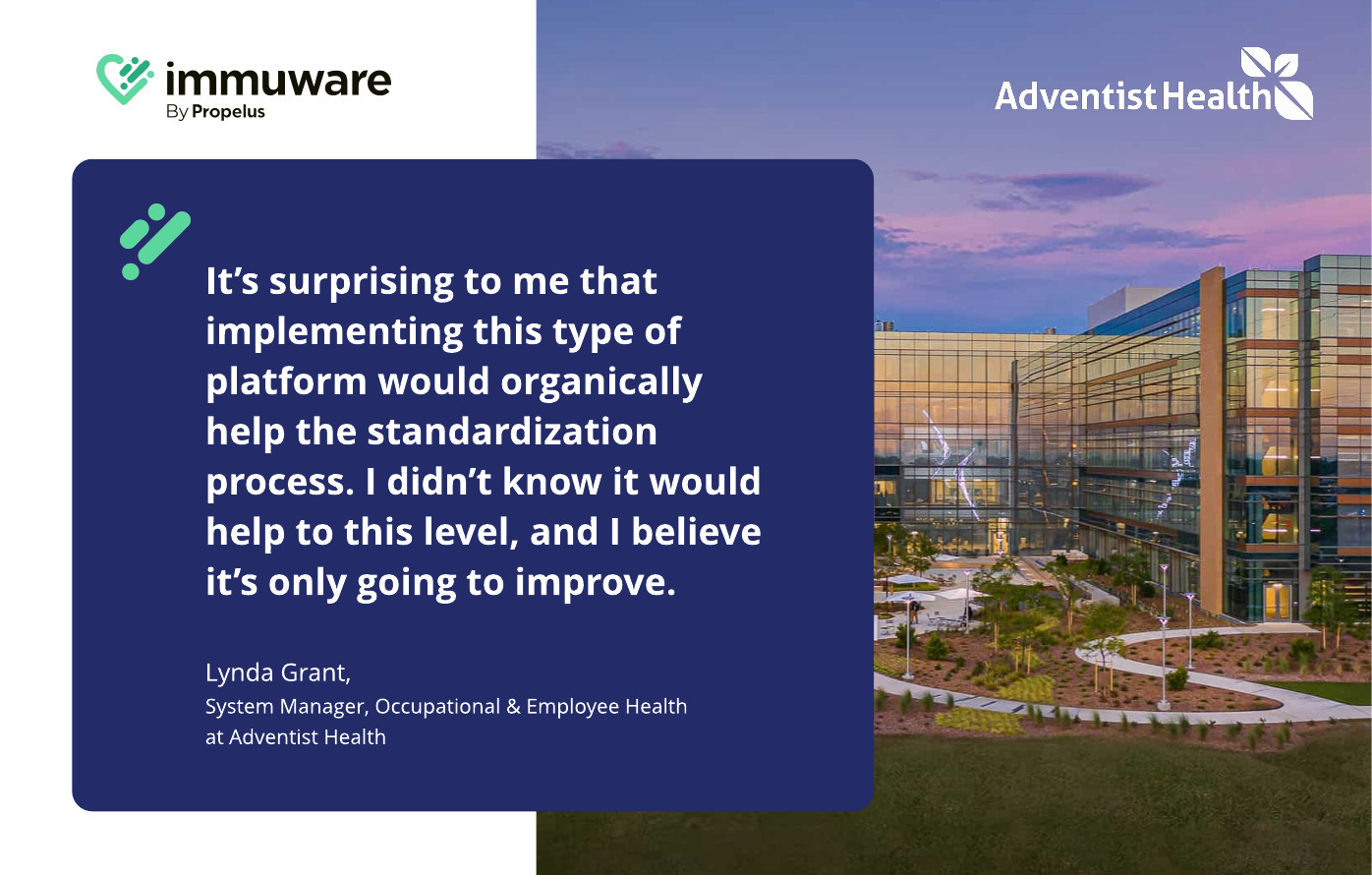In the ever-evolving healthcare landscape, technology has proven to be both an instigator and an ally. Once reliant on vast amounts of paperwork, hospitals have undergone a seismic shift. At the heart of this metamorphosis lies the power of IT solutions, which are changing how hospitals operate and the essence of patient care, truly driving a healthcare transformation.
Background of IT in Healthcare
Historically, hospitals leaned on manual processes, from maintaining patient records to scheduling appointments. However, the last few decades have seen a surge in technology integration. The healthcare IT solutions of today are specialized systems tailored to address the myriad needs of modern healthcare settings.
Core Ways IT Solutions Are Revolutionizing Hospitals
- Electronic Health Records (EHR)
With EHRs, gone are the days of misplaced patient files. This digital revolution ensures seamless patient data management, streamlining processes and improving care coordination across various hospital departments. - Telemedicine and Virtual Care
Recent global events have accentuated the importance of reaching patients remotely. Telemedicine facilitates this, ensuring patients receive continuous care and essential follow-ups regardless of location. - Data Analytics and Predictive Analysis
Data is invaluable in healthcare. Hospitals can now preemptively identify patient trends, detect potential health crises, and strategically optimize resources based on data-driven decisions through analytics and predictive analysis. - IoT (Internet of Things) in Healthcare
Wearables like heart monitors, and intelligent insulin pumps are becoming commonplace. These devices, part of the IoT revolution, allow for remote monitoring, providing medical professionals real-time data and instant alerts. - AI and Machine Learning
The scope of AI in hospitals extends beyond robots. With automated diagnostic assistance and data-driven personalized treatment plans, AI ensures precision and tailors care to individual patient needs.
Benefits of Healthcare IT Solutions for Patient Care
By adopting healthcare IT solutions, patients experience a transformative journey. These solutions promise seamless data access and significantly improved diagnostic accuracy and treatments. Additionally, digital processes inherently reduce the chance of human errors, ensuring patient safety.
Operational Benefits for Hospitals with IT Solutions
Operational efficiency is at the core of IT solutions. Hospitals experience streamlined resource allocation and management, significant cost savings due to reduced manual processes, and enhanced collaboration among medical professionals, ensuring an optimized care environment.
Challenges and Considerations
The integration of IT solutions has its challenges. Data privacy remains paramount. Hospitals need to prioritize security measures to safeguard sensitive patient information.
Additionally, the consistent training of medical professionals is essential to keep abreast of technological advancements. And while the benefits are many, the initial investment for implementing and maintaining these systems can be substantial.
The Future of Healthcare Transformation Through IT
As technology continues to evolve, so will its role in healthcare. Emerging tech trends, from augmented reality to blockchain in patient data management, indicate a future ripe with innovations. For hospitals, the key lies in continuous adaptation and remaining receptive to the transformative power of healthcare IT solutions.
Conclusion
In conclusion, IT solutions are not just auxiliary tools but are central to the functioning and advancement of hospitals. They symbolize the healthcare transformation geared towards efficiency, precision, and unparalleled patient care. Embracing this transformation is not just an option but necessary for a brighter, healthier future.
Related Articles
- All Posts
- Articles
- Case studies
- Integrations
- Learn About Us
- New Hire Onboarding
- On Demand Webinar
- On Demand Webinar Asset
- Release Notes


